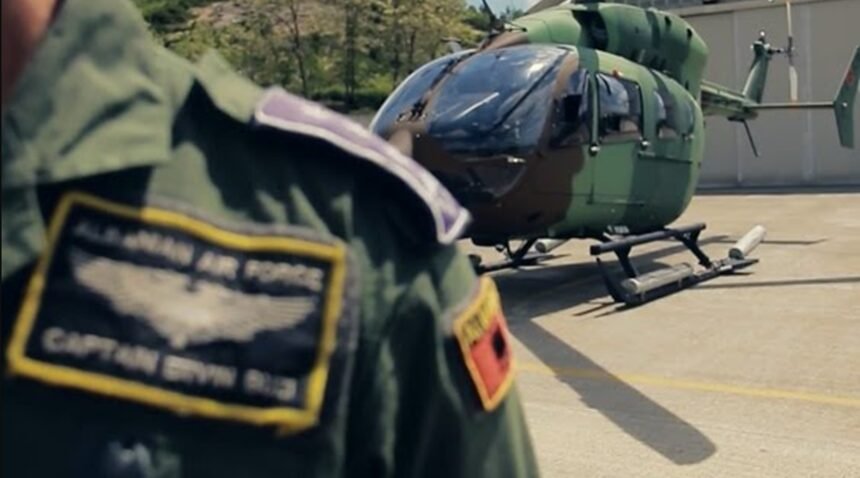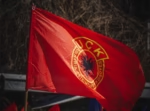Albania continues to focus on strengthening its military capabilities, with plans to expand its fleet of fighter jet pilots. The state-owned company KAYO, responsible for the production and trade of weapons, has now been tasked with training these pilots. The decision has been officially published in the Official Gazette.
“The purpose of this decision is to define the general framework of conditions under which KAYO will negotiate with private entities to ensure cooperation in building capacities for delivering education and training programs for helicopter pilots and flight controllers, in line with the objectives of the National Defense Strategy and the Development Strategy of the Armed Forces of the Republic of Albania,” the decision states.
Private entities, either domestic or foreign, may participate provided they meet the legal and technical requirements for establishing education and training programs.
The decision further stipulates that KAYO will negotiate prices guided by the principle of securing the best contractual terms, consistent with operational needs and economic efficiency. Importantly, KAYO will retain ownership of all facilities built for the purpose of providing training and education programs.
Training for pilots and flight controllers will involve the use of flight simulators and training helicopters. Additionally, KAYO will cooperate with specialized companies for instructor training, as well as the preparation of flight controllers and both military and civilian pilots.
“The right to manage the created structures, aimed at offering education and training programs for helicopter pilots and flight controllers, cannot be transferred during negotiations and will remain under the authority of the state-owned company KAYO,” the document emphasizes.
For the development of training programs, KAYO may provide private entities with the necessary security infrastructure and ensure safety across all facilities where training is conducted, including the use of immovable assets.







